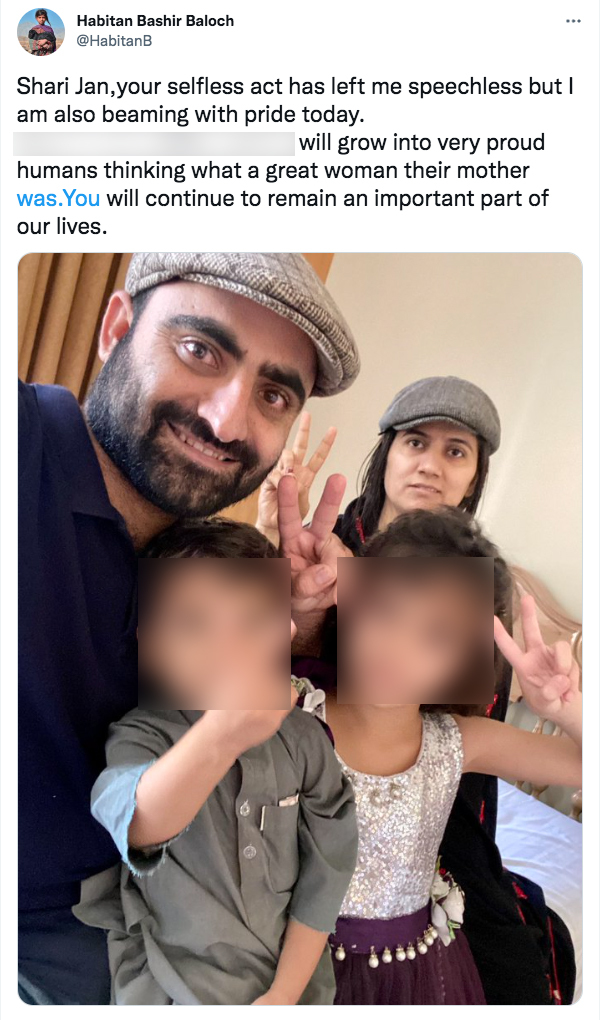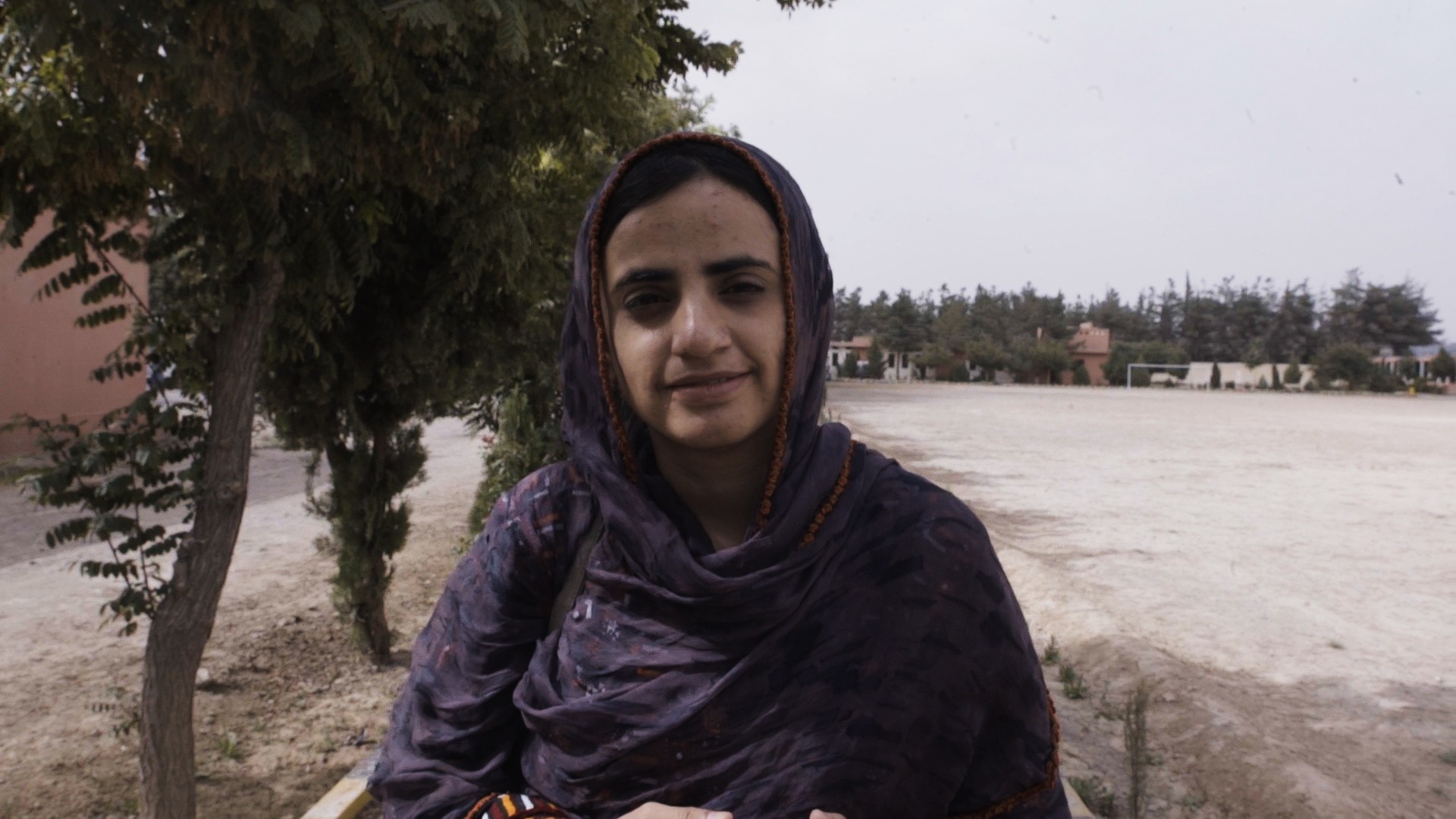Police inspect a site around damaged vehicles following a suicide bombing near the Confucious Institute affiliated with the Karachi University, in Karachi on April 26, 2022. A woman suicide bomber from a Pakistan separatist group killed four people, including three Chinese nationals, in an attack on a vehicle carrying staff from the Confucious Institute affiliated with the Karachi University. Rizwan TABASSUM / AFP
Rangers stand guard nearby the blast site a day after a suicide attack on a van near the Confucius institute which is the cultural programme that China operates at universities around the world at the Karachi University in Karachi on April 27, 2022 . Photo: Rizwan TABASSUM / AFP
Rangers check motorcyclists at a security checkpoint set up near a university gate a day after a suicide attack on a van near the Confucius institute which is the cultural programme that China operates at universities around the world at the Karachi University in Karachi on April 27, 2022. Photo: Rizwan TABASSUM / AFP


